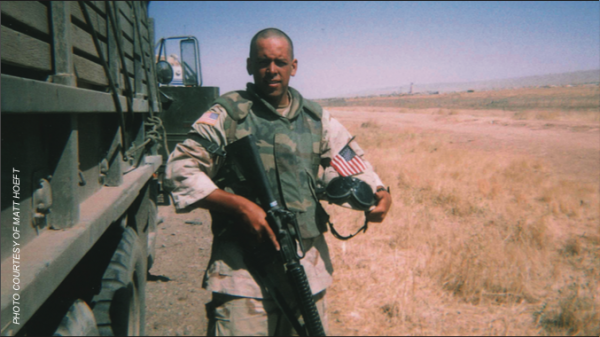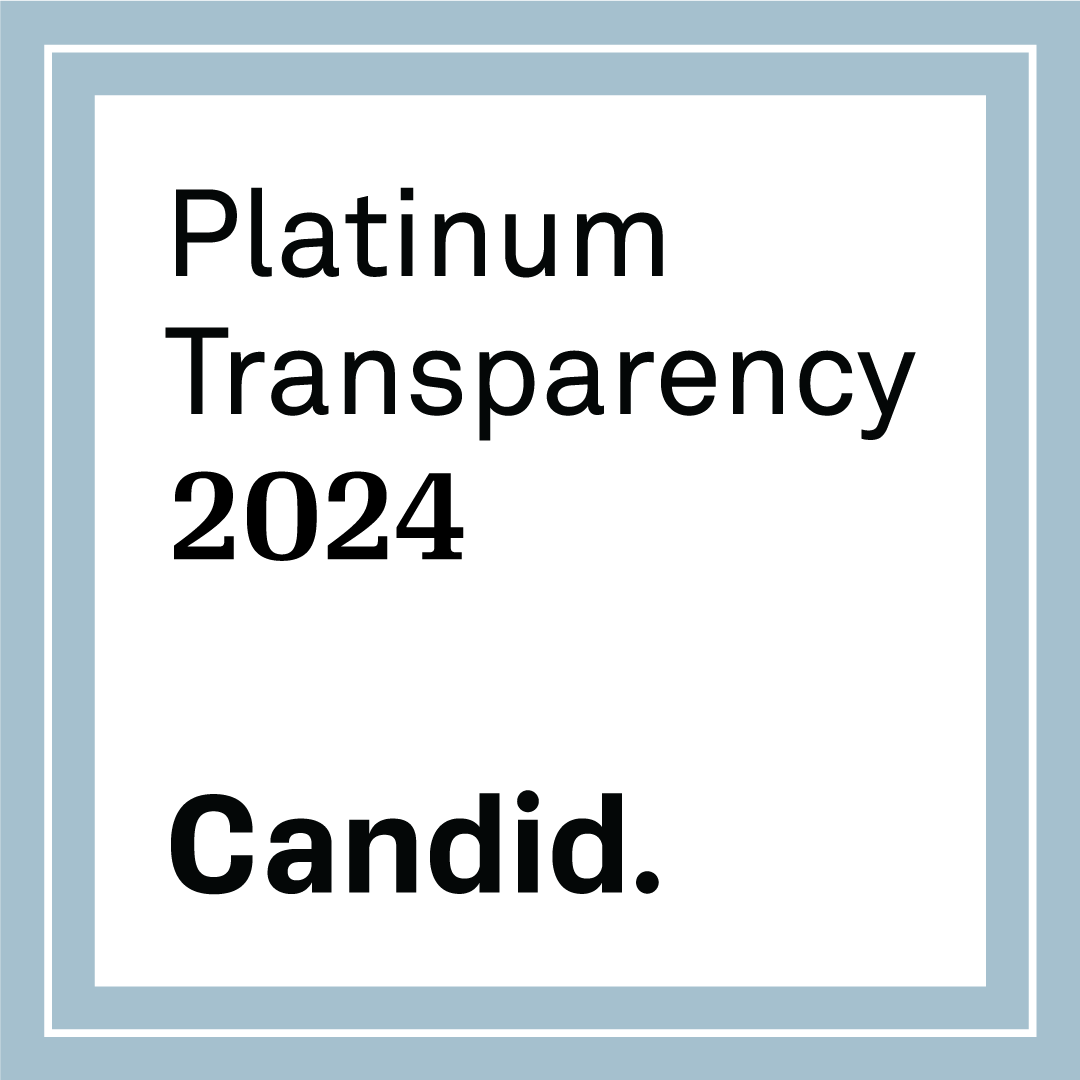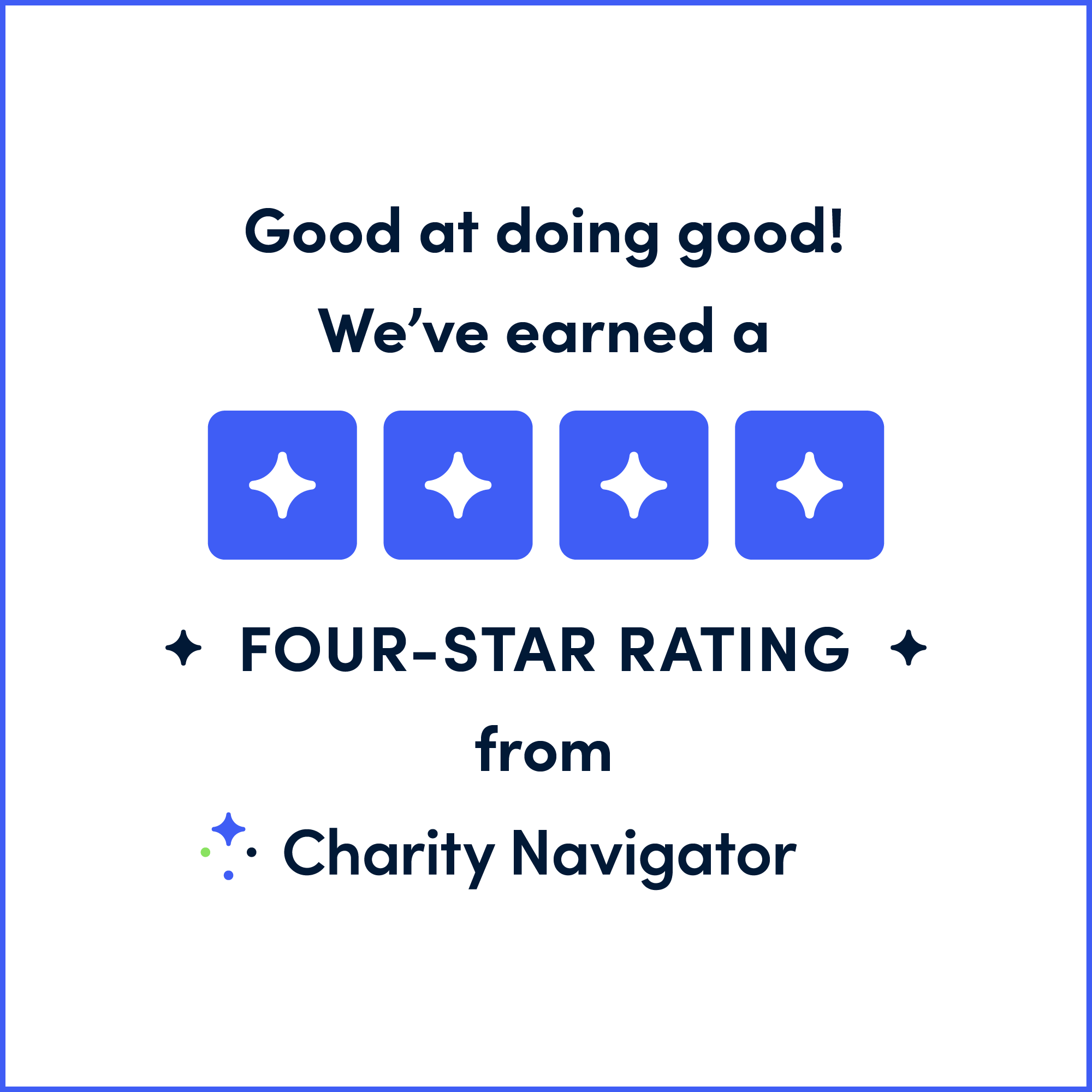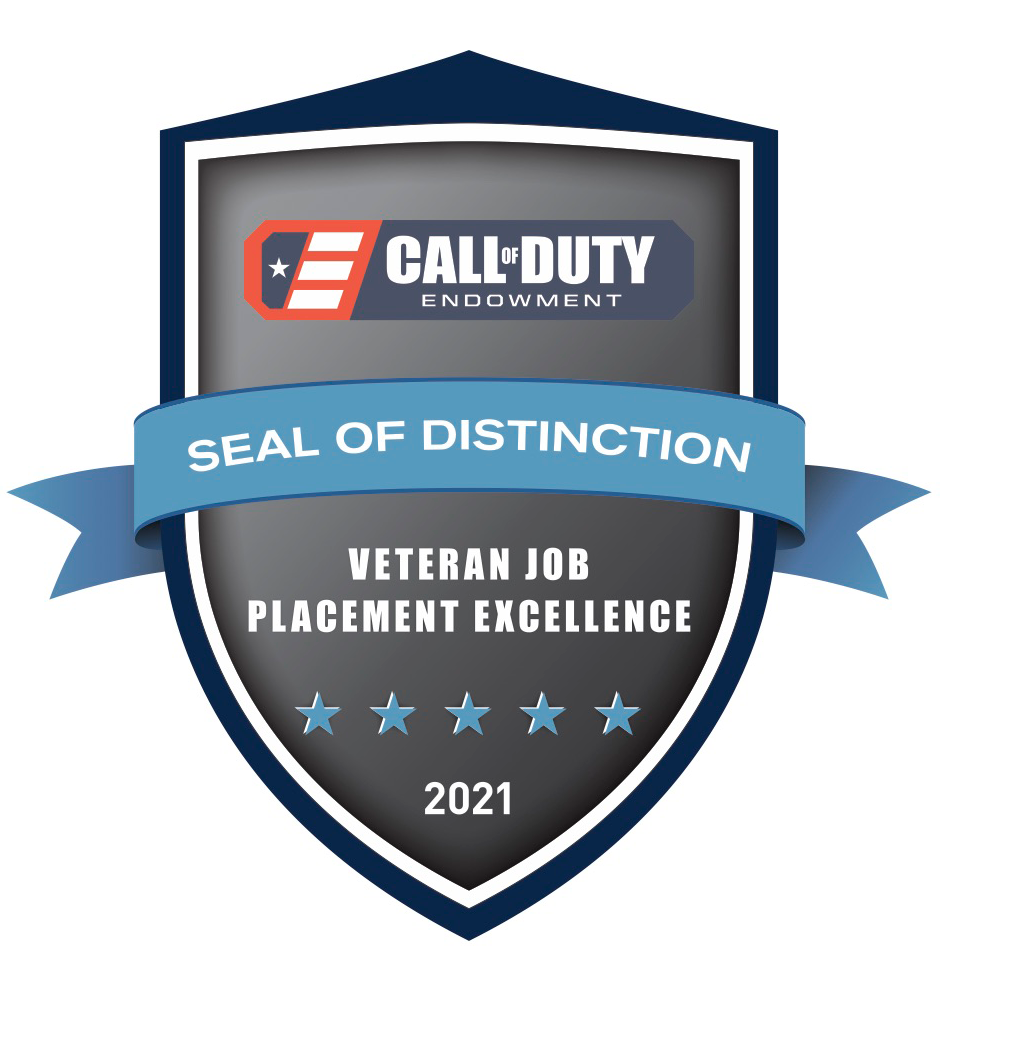Corporate and Academic Leaders Volunteer to Mentor Veterans

American Corporate Partners is a non-profit organization that prepares Post 9/11 veterans to transition successfully to civilian careers through a cadre of volunteer corporate mentors that provide résumé advice, individual career guidance and extensive networking with leaders in a veteran’s target industry.
It’s important to note that ACP’s Mentorship program is not a “jobs” program – the organization makes no promise of employment to veterans who complete the program or promise of assistance finding a job. What ACP does provide is 12 months of accountable, one-on-oneaccess to senior leadership in most industries. I believe the career-long benefits a veteran protégé gains from this type of access and mentoring may exceed the immediate benefit of a short-term paycheck.
My ACP journey began by completing a simple online application at the American Corporate Partners website (www. acp-usa.org). Shortly afterwards, I received an email to interview with an ACP operations manager including several attachments detailing the program guidelines, a Career Assessment Questionnaire, copy of ACP’s Mentoring Handbook and itemized list of next steps.
Roughly two weeks after my initial online application, I was interviewed by phone to clarify my goals and motivations for pursuing an ACP mentorship, and to reiterate program expectations. My intake interview concluded with a commitment from my ACP manager to identify a mentor in banking – my target industry.
Just days later, I was introduced to my mentor – a senior banking executive with extensive experience in capital markets and investment banking.
My mentor is the type of person that I was unlikely to meet through any other means but by warm introduction, and ACP made it possible for me to spend the next year inundating him with every question imaginable: How would you evaluate my résumé? How do I know if I’m in the right industry for me? Do I have any business pursuing a career in banking at my age? What if I’m slightly fatter in person than in my social media profile pics? I was able to download all of my doubts and uncertainties about my professional prospects to my new mentor and he coached me through them all.
Using ACP’s Mentoring Handbook, my mentor and I created a customized mentorship plan that put me through my paces in all areas of concern to me.
Over the next year, I learned to think of my résumé as not just a professional ‘table of contents’, but as a narrative I should actively seek to guide a reader through, highlighting my strengths – in private sector English – throughout. My mentor provided professional feedback on my presentation and critical thinking skills through monthly video conferencing. I was introduced to key leaders in my target specialty in San Francisco and Chicago through informational interviews arranged by my mentor.
He also provided weekly and daily support as I embarked on many professional firsts related to our mentorship including opening a practice trading account, starting a blog, participating in recorded mock job interviews which my mentor reviewed, and preparing for the first of a series of examinations required to earn a challenging professional designation.
Our year together concluded with him extending an open-door invitation to stay connected and permission to add him as a professional reference.
One surprising benefit of having access to a mentor at that level was being able to learn what someone in his position doesn’t look like: the stereotyped aloof, banker persona with credentials that shan’t be duplicated by mere mortals. To the contrary, I learned that my mentor attended a respected state university on full athletic scholarship, earned his MBA at-a-distance while working full-time and earned an executive certificate in mergers and acquisitions – all things that most any reasonably motivated person can aspire to achieve.
He is a husband and a dad, like me, and he makes the best choices he can with the tradeoffs we all face. Indeed, these are details I may not have learned were ACP a jobs program and my mentor was somewhere in my distant chain of command.
Matt Hoeft served in support of Operation Iraqi Freedom as a Chemical Operations NCO with the Oregon Army National Guard and is currently completing his senior year of undergraduate economics study at Oregon State University. He’s glad to connect on LinkedIn at linkedin.com/in/matthoeft and Twitter @MattHoeft.











